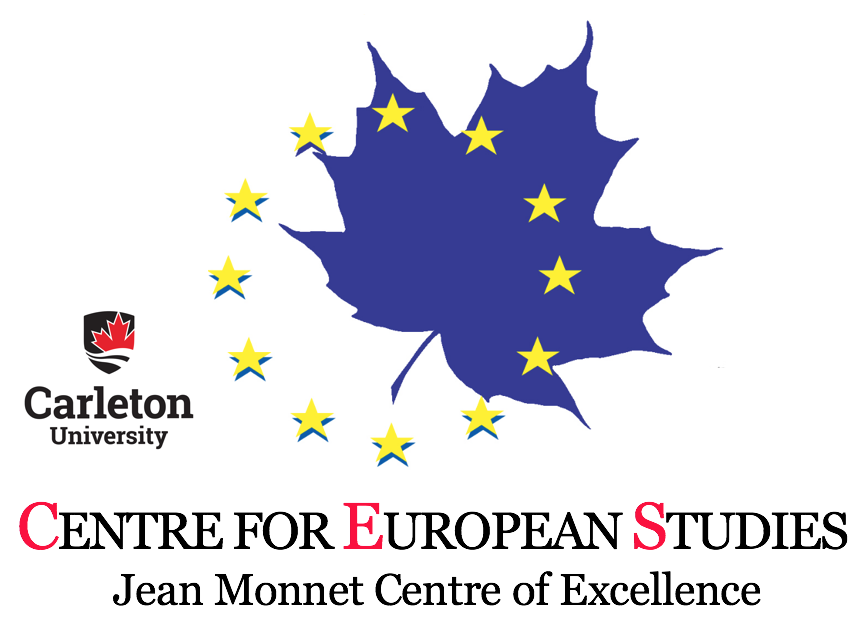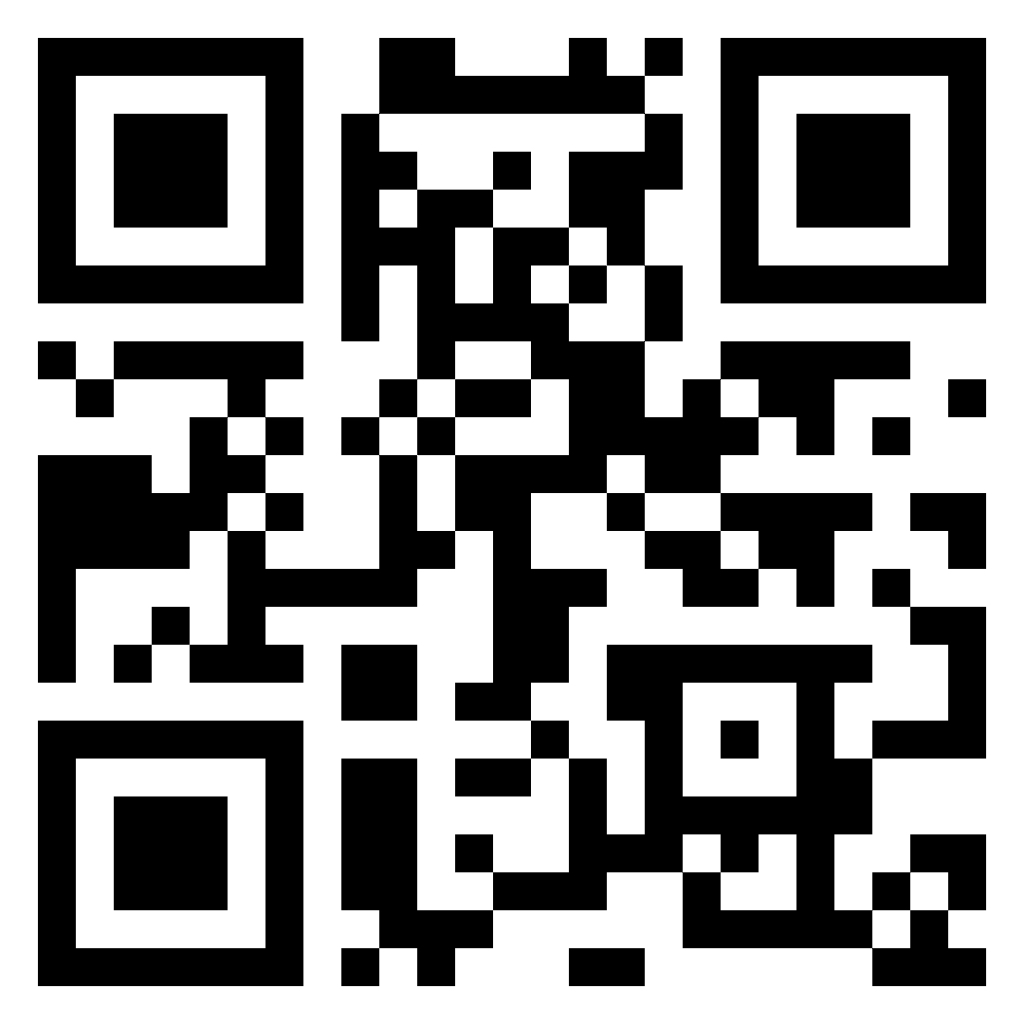Policy Roundtable: “Russia, NATO, and the Future of European Security: Institutions under Strain”
Monday, November 3, 2025 from 3:00 pm to 4:30 pm

- In-person event
- 608, Pigiarvik, Carleton University
- 1125 Colonel By Drive, Ottawa, ON, K1S 5B6
- Cost: Free
The Jean Monnet Centre of Excellence is very pleased to host the policy roundtable, “Russia, NATO, and the Future of European Security: Institutions under Strain”, with Canadian and European scholars:
Mikhail Polianskii, Peace Research Institute Frankfurt & Carleton University
Catalyst or Crises: Russian Hybrid Warfare and the Evolution of European Security Institutions
Chantal Lavallée, Royal Military College Saint-Jean & Carleton University
European Defence in the Face of War
Emmanuelle Rousseau, Université du Québec à Montréal
What Remains of Cooperative Security in Europe? Pan-European Dialogue 50 Years after the Helsinki Final Act
About the event: This roundtable brings together experts on European security policy and institutions to examine how European and transatlantic organizations are responding to Russia’s war in Ukraine and the broader erosion of the post-Cold War security order. Speakers will map the political-military and institutional dimensions of that response—NATO’s deterrence posture, the European Union’s readiness, and the role of hybrid warfare transforming Europe’s understanding of war and peace. The speakers will identify where institutions are adapting successfully, which gaps remain, and what practical reforms might strengthen stability, crisis management, and regulated coexistence in Europe. The discussion will connect historical lessons, hybrid-threat dynamics, and forward-looking policy options for governments, students, and civil society.
Speaker biographies:
Dr. Mikhail A. Polianskii is Konrad Adenauer Visiting Scholar on Transatlantic Relations at the Institute of European, Russian, and Eurasian Studies (EURUS), Carleton University, where he teaches a graduate course on “Russia and The West: Hybrid Warfare and Transatlantic Security”. He is also a postdoctoral researcher at the Peace Research Institute Frankfurt (PRIF), in the Research Department “International Institutions”. In his research he predominantly focuses on Russian foreign policy, European security institutions, and hybrid warfare. He is currently the principal investigator on the PATTERN project (“How Does the Past Matter? The Russian War of Aggression against Ukraine and the Cold War”), which explores whether and how Cold War lessons can inform regulated forms of deterrence, coexistence, or cooperation in the era of great power competition.
Dr. Chantal Lavallée is Associate Professor at the Royal Military College Saint-Jean. This academic year, she is spending her sabbatical at Carleton University in the Department of Political Science as a Visiting Scholar. Her research focuses on the contribution of the European Commission in the fields of security and defence, as well as on emerging technologies, especially drones. Chantal is a member of the RegulAIR project on “The Integration of Drones in the Norwegian and European Airspaces” at the Peace Research Institute Oslo. She holds a PhD in Political Science from UQAM and received an EU Marie Skłodowska-Curie postdoctoral fellowship at the Vrije Universiteit Brussel. Before, she had carried out postdoctoral research at the Institute for Strategic Research at the Military School in Paris and at the European University Institute in Florence.
Dr. Emmanuelle Rousseau is an Associate Professor of Political Science at the Université du Québec à Montréal. Her work focuses on diplomacy, multilateralism, and Russian foreign policy. Her current research examines the effects of the 2022 Russian invasion of Ukraine on multilateral diplomacy, particularly within the Organization for Security and Co-operation in Europe (OSCE).
Registration is required to attend the roundtable. Please register here or scan the QR code below by Friday, October 31, 2025:

Jean Monnet Centre of Excellence activities are co-funded by the European Union and by Carleton University. The Konrad Adenauer Stiftung Visiting Scholar on Transatlantic Relations at the Institute of European, Russian, and Eurasian Studies (EURUS) is supported by Konrad Adenauer Stiftung Ottawa.

Views and opinions expressed are those of the author(s) only and do not necessarily reflect those of the European Union or the European Education and Culture Executive Agency (EACEA). Neither the European Union nor EACEA can be held responsible for them.